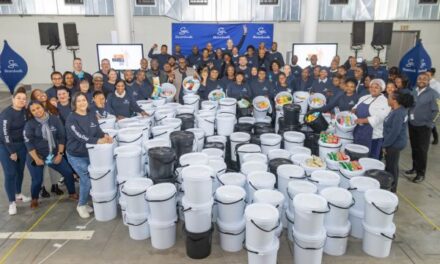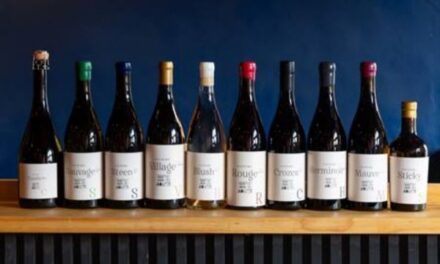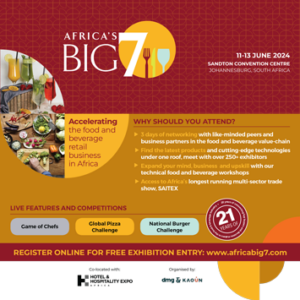South Africa’s hospitality sector experiences a global shift to high-end, experience-driven travel, significantly boosting revenue per available room (RevPAR).
Despite inflation, travelers are locking on to the ancillary products and services offered by hotels that capture guests’ imagination.
According to hospitality data specialist STR, 77% of international markets have reported greater RevPAR this year compared to 2023. Occupancy and average daily rate (ADR) have also increased.
In South Africa, Tourism numbers for Cape Town hotels have also surged, with RevPAR up by 11% from summer 2023 to 2024, with ADR rising 10%.
Cape Town Tourism CEO Enver Duminy says the overall occupancy rate in 2023 was 68%—a 9% increase from 2022—with RevPAR improving by 22.7% in the same period.
Significantly, international arrivals at Cape Town International Airport skyrocketed by 50%. More than 1.3 million travellers from outside Africa visited the city last year.
Airport shuttles, spa treatments, picnic/dining boxes, bottles of MCC/wine, and game drives were the top ancillary revenue generators.
While many nations are battling higher inflation, the situation has yet to curb traveler spending on experiences.

Interestingly, there has been a notable change in the age of international travellers seeking luxury stays in South Africa. Until a few years ago, most of these tourists fell in the 55-plus age bracket.
Catherine Schulze, MD of Cape Town’s five-star Steenberg Hotel & Spa, Bistro 1682 and Tryn restaurants, says as tourism has become more experience-driven, more people in their 30s have entered the high-end market.
“It’s more about quality than quantity now. Where previously people might have split their money over different holidays, they now put it all into one trip where they can hire the best cars or stay at the finest hotels,” she says.
“They are also looking to spend more time with loved ones or as friends travelling together. There is more multigenerational travel as well. People are now very conscious of the value of time.”
She does not doubt that remote work has been instrumental in driving up tourist numbers. Working in a beautiful setting in another country, knowing they can still stay on top of what is happening at home, is a lure few can ignore.
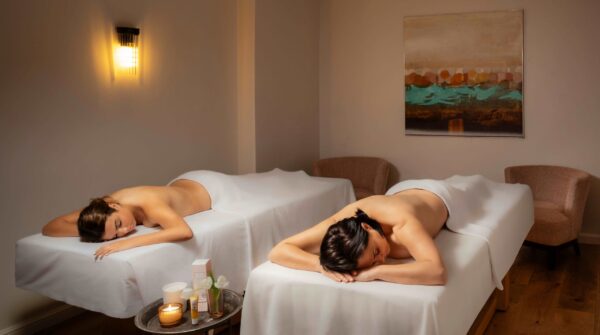
Demand for Steenberg’s spa services corroborates Room Raccoon’s findings on ancillary revenue generation. Schulze says this again aligns with the change in the luxury travel space, where there is no longer a “mad rush” to tick items off a bucket list.
Today’s travellers want to pamper themselves with a relaxing treatment, sit on a terrace enjoying a glass of wine, or celebrate an occasion with loved ones, and they are only too happy to upgrade to more luxurious and spacious rooms to meet these needs.
“That is why Steenberg is investing in creating these spaces, upgrading our restaurants and outdoor areas, and heating our pool.”
Another significant development at the property is growth outside its traditional UK and Germanic markets.
The Constantia Valley wine region luxury estate is about a 25-minute drive from Cape Town’s inner city and is experiencing increasing numbers of visitors from Scandinavia, Mexico, Italy, and the US.
Head of Sales Neilen Tolmay puts this down to travellers from these countries “looking for something different”.
“South Africa is such a multifaceted destination. Both cultural and adventure travel have become important. South Africa lends itself to that,” he says.
“Then there is the fact that Steenberg is all about personalisation. It’s how a hotel differentiates itself by pre-empting what guests require. It’s why 20% of our guests are repeat customers.”
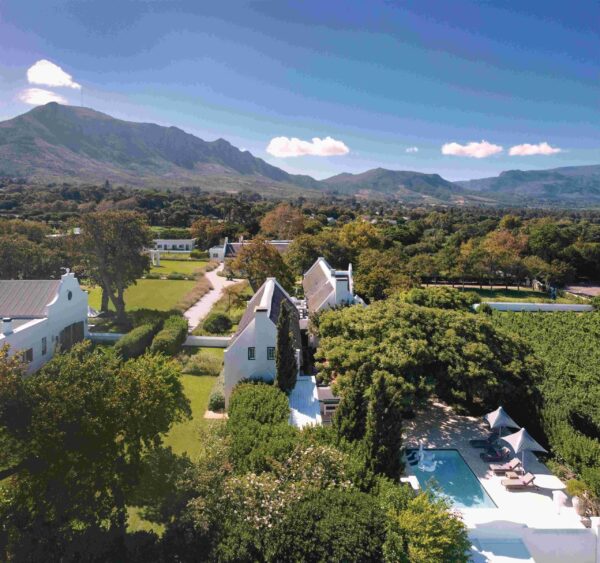
In the past three years, Steenberg has seen its shoulder seasons effectively becoming extensions of its 20 December to end-February peak season. Tolmay says travelers have recognised that with fewer tourists in town, there are far more opportunities to experience a destination as a local would.
Particularly in the mature segment of the luxury travel market, which is not constrained by school and academic periods, there is greater flexibility. This is why April and May are becoming busier.
Schulze recommends March as the perfect time to travel to South Africa, as there is no longer the stress of the booking frenzy that accompanies peak season when accommodation needs to be secured as early as the previous April.
Bookings in South Africa are easy to navigate. However, Schulze and Tolmay advise travelers to secure operators’ services in cases where they want to couple a safari experience with a trip to Cape Town.
“Our best advice is to be clear on what experience you want and provide as much information as possible to the host destination. If you’ve never been to that country, you need an excellent agent who can create that first trip for you,” Tolmay says.
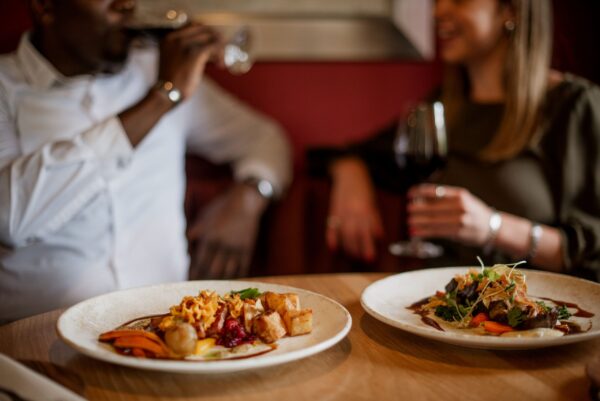
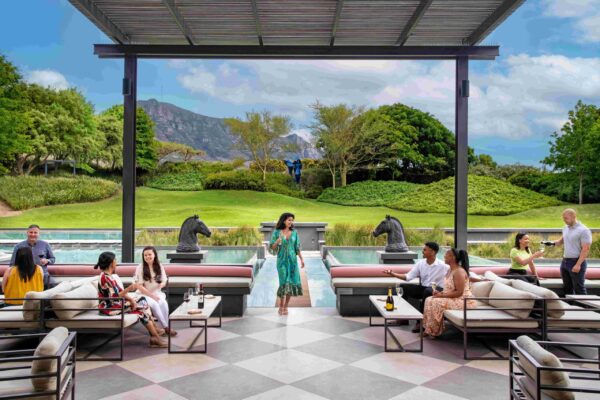
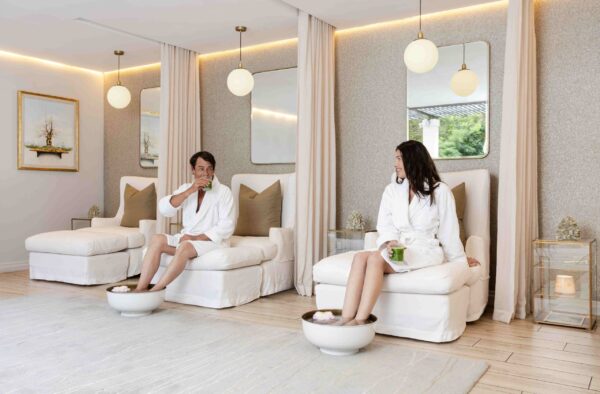






 All Recipes
All Recipes


